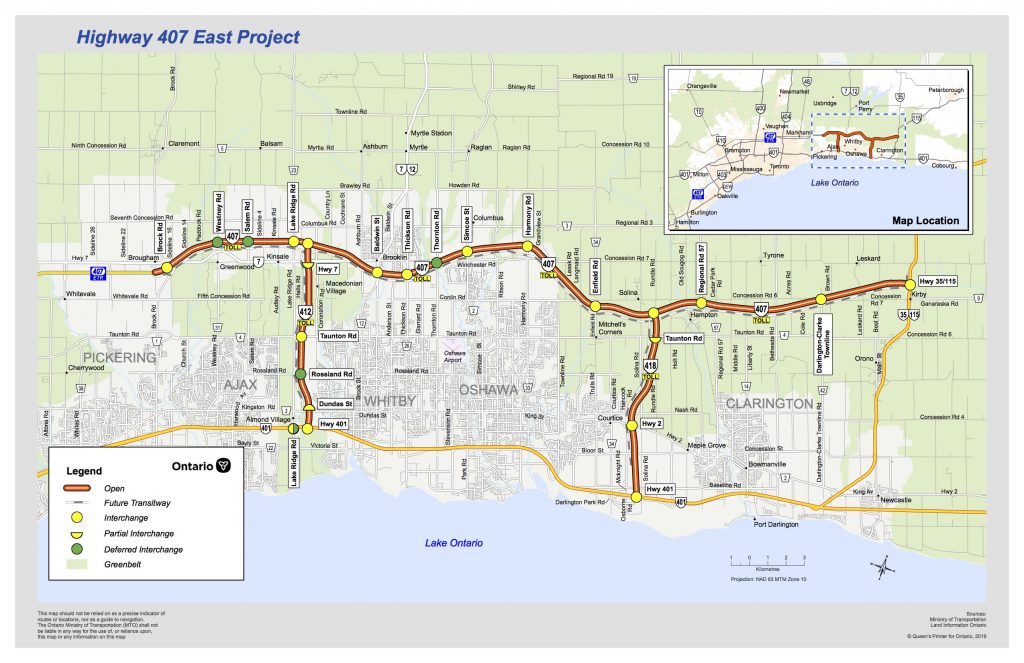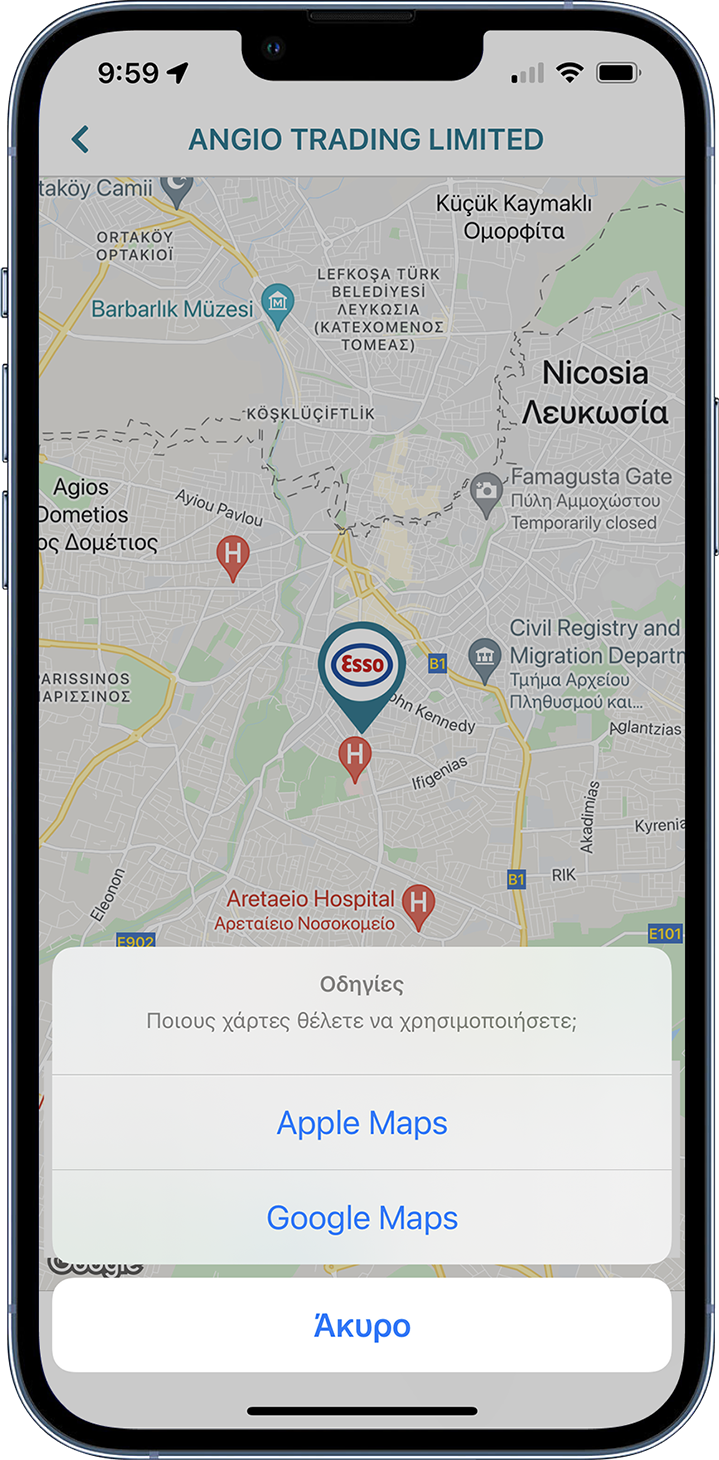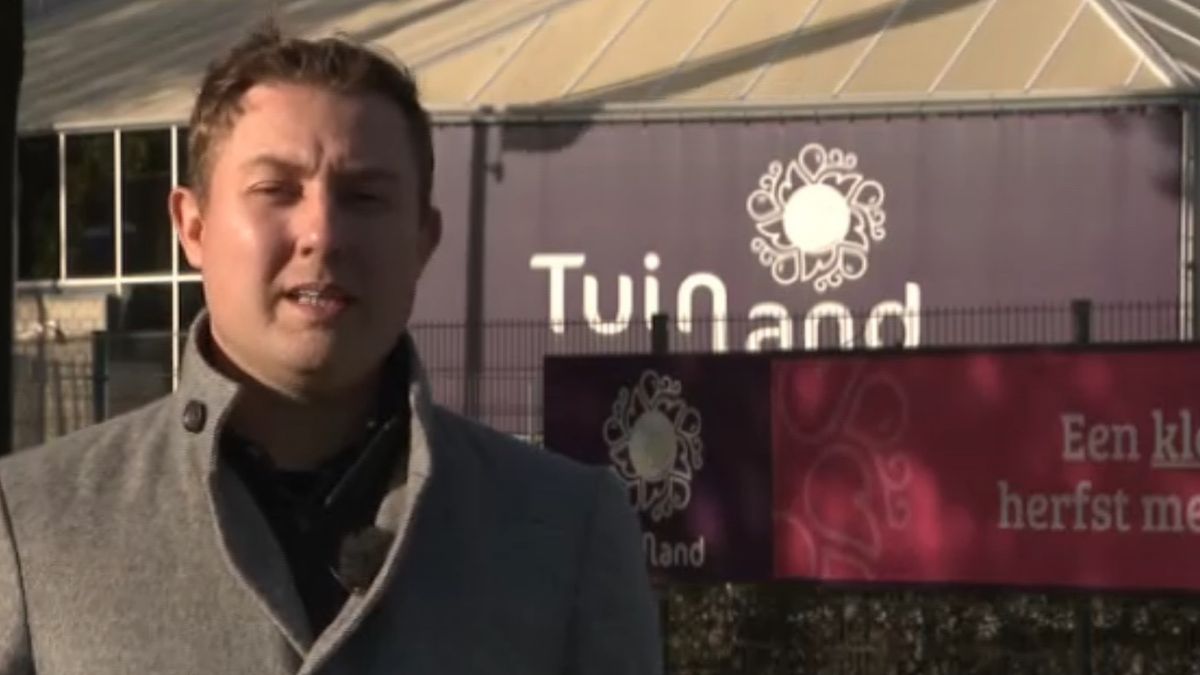Cobalt Market: Congo's Export Ban And The Upcoming Quota Plan

Table of Contents
Congo's Cobalt Export Ban: The Why and How
The DRC's cobalt export ban, though temporary, has sent shockwaves through the market. Several factors contributed to this decision. The government aims to exert greater control over its valuable cobalt resources, maximizing revenue and ensuring responsible mining practices. Concerns about environmental damage caused by unregulated artisanal mining also played a significant role. Furthermore, the ban allows the government to streamline the industry and potentially negotiate better deals with international buyers.
The immediate impact of the ban was felt across existing cobalt contracts. Supply chains were disrupted, leading to delays and price volatility. Many companies reliant on DRC cobalt scrambled to secure alternative sources, while others faced contract breaches and potential financial losses.
Artisanal mining accounts for a substantial portion of cobalt production in the DRC. This sector is characterized by informal operations often lacking safety regulations and environmental safeguards. The ban, while intended to improve conditions, initially exacerbated the challenges faced by artisanal miners, many of whom depend on cobalt mining for their livelihoods.
- Increased scrutiny of cobalt mining practices is necessary for sustainable development.
- The ban has created the potential for a thriving black market cobalt trade, undermining government efforts.
- Local communities heavily reliant on cobalt mining have faced economic hardship due to the ban.
The Upcoming Cobalt Quota Plan: A Solution or a New Problem?
To address the challenges created by the export ban and to better manage its cobalt resources, the DRC is implementing a quota system. The specifics of this system are still being finalized, but it is expected to allocate production quotas to licensed mining companies. This aims to increase government revenue through taxes and royalties, improve environmental standards, and potentially stabilize cobalt prices.
The potential benefits of a well-executed quota system are substantial. It could provide more predictable cobalt supplies, attract responsible investment, and improve the country's bargaining position in international markets. However, there are significant risks.
The quota system faces considerable challenges. The complexity of implementing and enforcing such a system in a vast and often remote mining region presents logistical difficulties. Corruption and market manipulation pose significant threats, while the quotas themselves might reduce overall supply, potentially leading to even higher cobalt prices. Furthermore, it could disadvantage smaller, less influential DRC cobalt producers.
- Challenges in implementing and enforcing the quota system effectively are paramount.
- The potential for market manipulation and price fixing exists under a quota system.
- The competitiveness of DRC cobalt producers might be impacted negatively by the quota system.
Impact on the Global Cobalt Market and Electric Vehicle Industry
Congo's actions have already had a noticeable impact on global cobalt prices, causing significant volatility. The uncertainty surrounding supply has fueled speculation, leading to price increases. This directly impacts the electric vehicle (EV) industry, which is heavily reliant on cobalt for its lithium-ion batteries.
The increased cost of EV batteries due to higher cobalt prices could slow down the adoption of electric vehicles. Production delays are possible as manufacturers struggle to secure sufficient cobalt supplies at competitive prices. This highlights the need for diversification in battery technology and exploration of cobalt-free alternatives.
- Increased cost of EV batteries is a direct consequence of cobalt price volatility.
- Potential delays in EV production pipelines could result from inconsistent supply.
- The growth of battery recycling initiatives is critical for mitigating cobalt scarcity.
Ethical and Environmental Considerations in Cobalt Mining
Cobalt mining in the DRC is plagued by ethical and environmental concerns. Child labor and human rights abuses remain significant issues within artisanal mining communities. Environmental damage, including deforestation and water pollution, is a serious consequence of unsustainable mining practices.
Addressing these challenges requires a multi-faceted approach. Promoting responsible and sustainable cobalt mining practices is crucial. This involves improving traceability and transparency throughout the supply chain to ensure ethical sourcing and reduce the risk of conflict minerals. International organizations and certification schemes can play a vital role in verifying responsible practices.
- Traceability and transparency are paramount for ensuring ethical sourcing of cobalt.
- The role of international organizations and certification schemes in upholding standards is critical.
- Investment in sustainable mining technologies is essential for long-term environmental protection.
Conclusion
The DRC's cobalt export ban and the upcoming quota system represent a critical juncture for the global cobalt market. While aimed at improving government control, responsible mining, and revenue generation, these actions introduce significant uncertainty and potential supply chain disruptions. The success of the quota system will depend heavily on its effective implementation, transparency, and the ability to address ethical and environmental concerns. The electric vehicle industry and other sectors relying on cobalt must closely monitor these developments.
Call to Action: Stay informed about developments in the cobalt market and the implementation of Congo's cobalt quota plan. Understanding the evolving dynamics of cobalt production, pricing, and ethical sourcing is crucial for businesses and investors involved in the electric vehicle battery sector and the broader mining industry.

Featured Posts
-
 Permanent Gas Tax Cut And Highway 407 East Toll Removal In Ontario Proposal Details
May 15, 2025
Permanent Gas Tax Cut And Highway 407 East Toll Removal In Ontario Proposal Details
May 15, 2025 -
 Fatih Erbakandan Kibris Aciklamasi Sehitlerimizin Kaniyla Cizilmis Kirmizi Cizgi
May 15, 2025
Fatih Erbakandan Kibris Aciklamasi Sehitlerimizin Kaniyla Cizilmis Kirmizi Cizgi
May 15, 2025 -
 Times Kaysimon Stin Kypro Odigos Gia Oikonomia
May 15, 2025
Times Kaysimon Stin Kypro Odigos Gia Oikonomia
May 15, 2025 -
 Angstcultuur Bij De Npo Medewerkers Spreken Zich Uit Over Leeflangs Leiding
May 15, 2025
Angstcultuur Bij De Npo Medewerkers Spreken Zich Uit Over Leeflangs Leiding
May 15, 2025 -
 Florida Welcomes Foot Lockers New Global Headquarters
May 15, 2025
Florida Welcomes Foot Lockers New Global Headquarters
May 15, 2025
